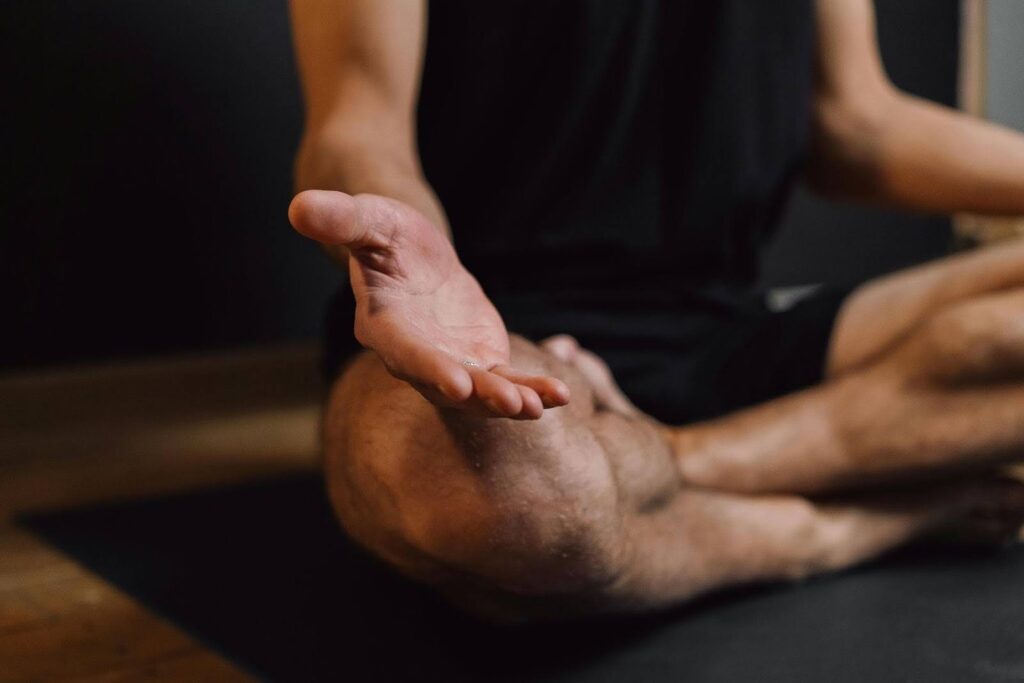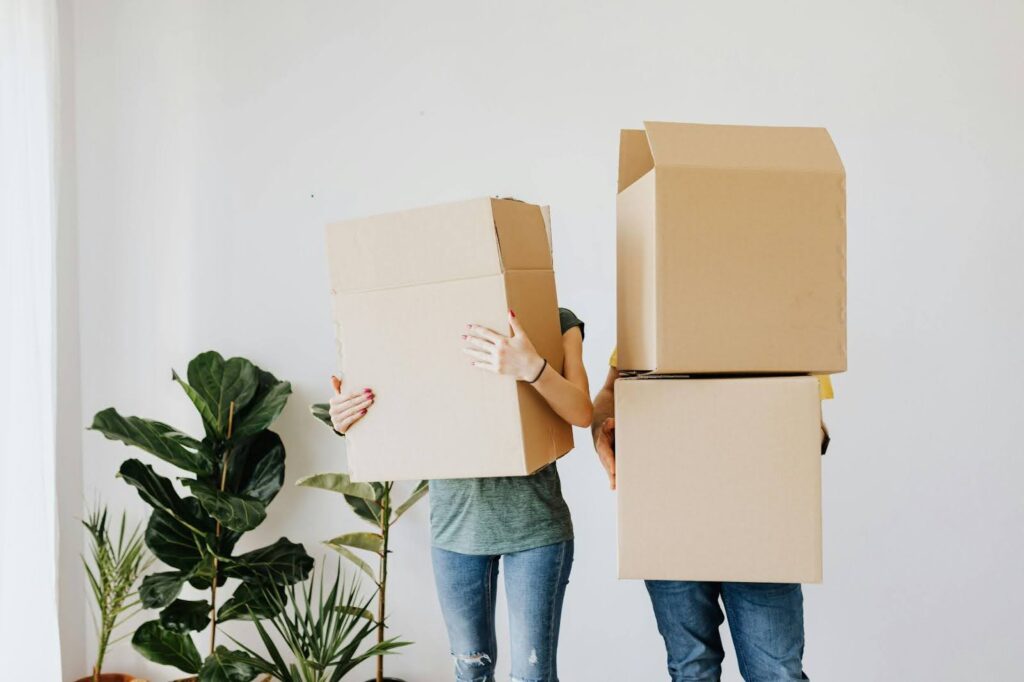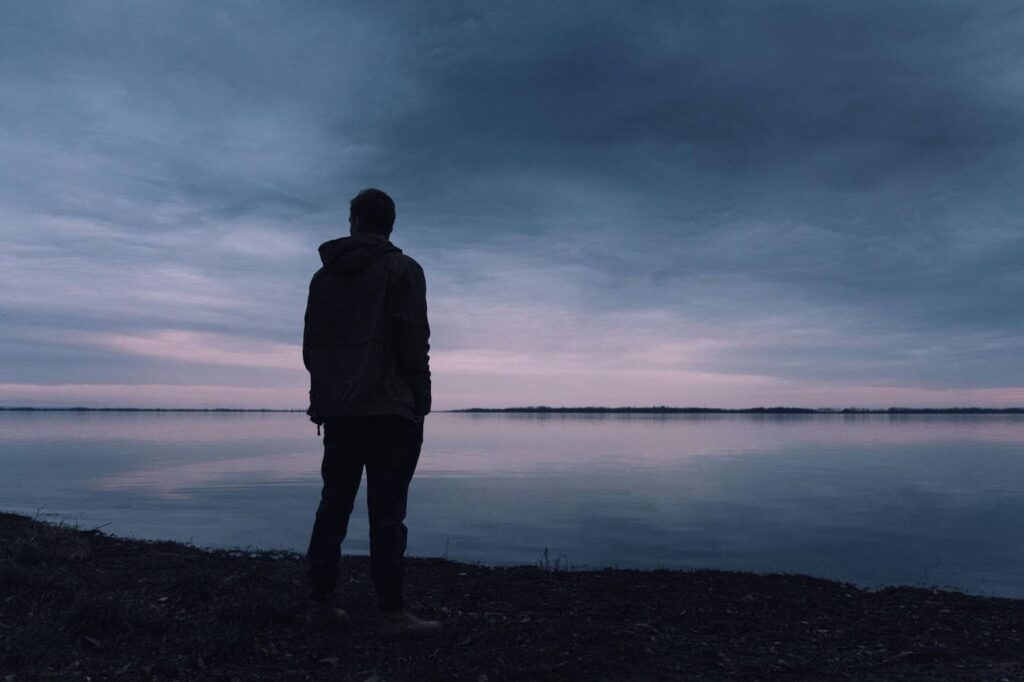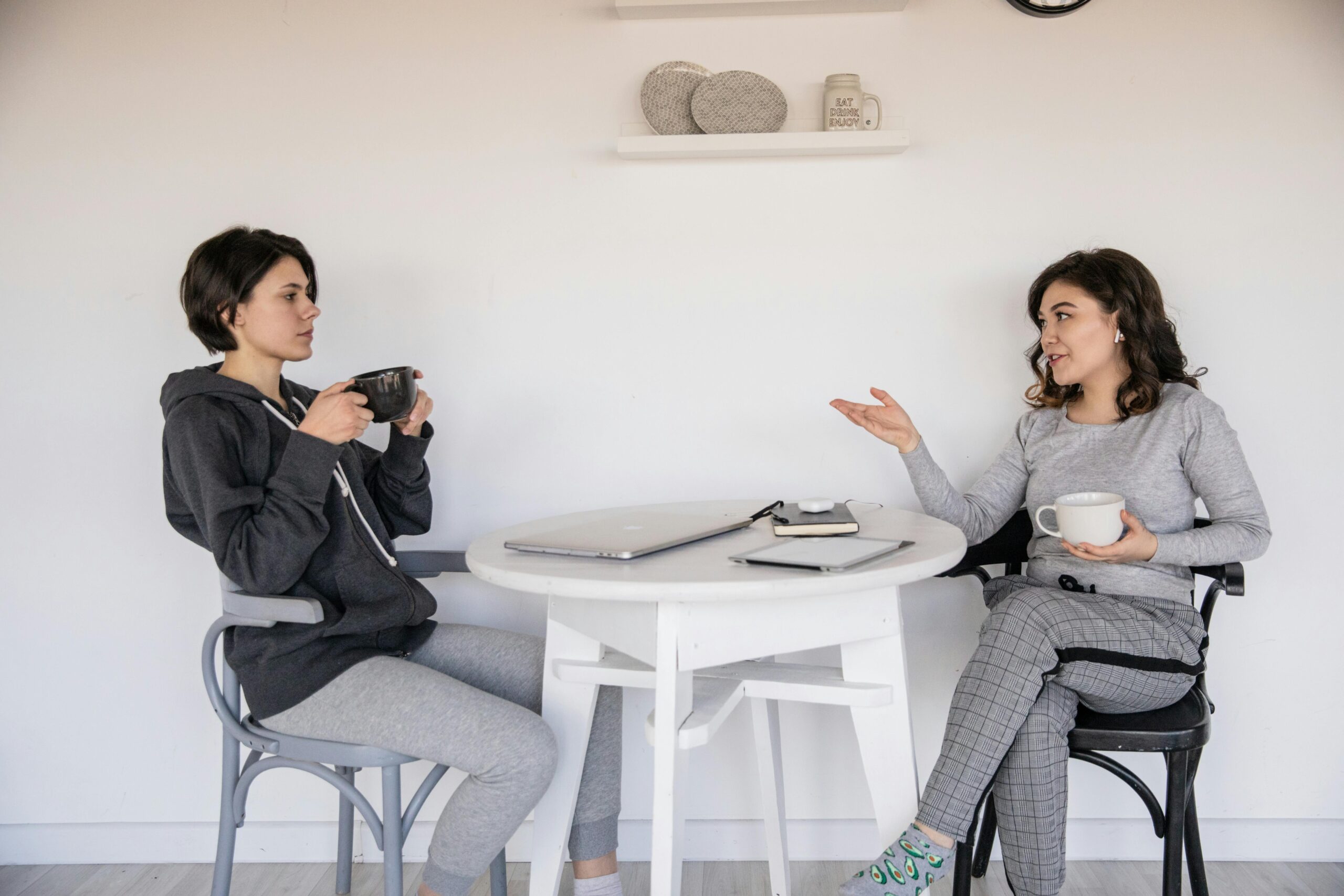Addiction is a complex issue that affects people from all walks of life. However, people in low-income communities are disproportionately impacted by addiction. Quality mental health care and recovery resources are often prohibitively expensive, making it difficult for those in economically disadvantaged areas to access the support they need.
In this guide, we will explore the intersection of income and addiction recovery, highlighting why recovery can be more challenging for people in disadvantaged communities. To help with recovery, we’ve also compiled a list of valuable resources, enabling you and your loved ones to find the care you need. With it, you’ll have the support and comprehensive care necessary for a successful recovery.
How Does Socioeconomic Status Impact Addiction?
Let’s start by saying that there is no evidence that living in poverty causes addiction. People of all socioeconomic levels can experience addiction, but those with higher incomes are better able to access recovery resources.
People who grow up in disadvantaged communities also face more risk factors for addiction throughout their lives. One of the most prominent risk factors is chronic or acute stress, as long-term stressors can change your brain’s reward system. Some studies have found that people who grow up in poverty experience stress levels that affect their brain development long-term, which may make them more susceptible to substance dependence.
Substance use may also be widespread in disadvantaged communities, leading to people having access to drugs at a very young age. Studies have consistently shown that drug use in adolescence is linked to substance dependence in adulthood. These factors make it more difficult for people in poverty to get the support and help they need.
While people of all income levels can experience addiction, people with more money can access better programs for recovery. Quality mental health care and rehabilitation centers are often expensive and inaccessible for those with limited financial means. People who are underinsured or entirely uninsured often cannot afford comprehensive recovery care.
Recovery almost always requires some level of professional intervention. Without access to professional treatment, many people in low-income communities find themselves in a cycle of addiction.

Can Poverty Affect Your Mental Health?
The short answer is yes, undoubtedly.
Numerous studies have documented how socioeconomic status impacts psychological well-being. Living in poverty often means facing a variety of stressors that can contribute to the development or exacerbation of mental health issues. Just as these stressors can change your brain chemistry, as we discussed earlier, they can also lead to worsened mental health issues. This is often further exacerbated by the fact that many people in low-income communities have little to no access to mental health care.
Stress and Mental Health In Recovery
One of the most pressing issues for people in economically disadvantaged communities is chronic stress. Making ends meet and not knowing if you can pay all your bills month-to-month leads to stress that literally changes you on the cellular level. This can make treatment more complicated, as the substance use may be comorbid with one or several mental illnesses.
The proper treatment for someone experiencing both poverty and mental illness is a well-rounded one that seeks to help meet their material needs while also addressing their mental health issues–possibly in a rehab center. This is why seeking out resources that help pay for housing, healthy meals, healthcare, and other essential expenses can contribute to mental health just as much as traditional psychiatric care.
How Stigma Can Get In The Way Of Recovery
Even if someone has access to healthcare and recovery resources, social stigma may get in the way of a full recovery. The NIH notes that many view addiction as a moral failing rather than a medical condition, leading to negative attitudes toward any person experiencing it. People may not seek the help they need for fear of being judged, shamed, or otherwise ostracized.
Various addiction advocacy groups are trying to offset this stigma through direct public education and awareness campaigns. This helps to create a stronger and more empathetic community where someone can recover without judgment.

Making Addiction Recovery Accessible In Low-Income Communities
Recovery resources can become much more accessible with dedicated action and advocacy. Here are some tried-and-true methods for helping low-income communities get care.
Education and Awareness
Educating communities about addiction is crucial for reducing stigma and fostering understanding. Programs like SAMHSA’s “Talk. They Hear You.” campaign provide parents and caregivers with resources to discuss substance use with children, promoting early prevention and support. Preventive education programs such as D.A.R.E. (Drug Abuse Resistance Education) and community workshops led by organizations like the National Institute on Drug Abuse (NIDA) can help people recognize the signs of addiction early and understand the importance of seeking help. The “Just Five” online course from Shatterproof works to combat stigma about substance use in casual conversations, leading to more empathetic communication.
These programs all aim to make it easier for people to talk openly and without judgment. These initiatives could also change societal views by making changes on a community level.
Access to Educational Resources
Educational resources are only as valuable as they are accessible. Free online courses and workshops can provide valuable information about addiction and recovery strategies. Local community education programs can offer in-person support and resources or host free group support sessions like Alcoholics Anonymous and Narcotics Anonymous. Nearby colleges or universities may offer low-cost or free sessions from psychology students looking to practice.
Recovery Tech And How To Access It
Technology can be hugely helpful when seeking low-cost recovery support. Forums like In The Rooms or Talking Sober can help connect people with similar struggles and provide a sense of community. Virtual therapy apps can also provide people with immediate and accessible health care, often without insurance.
However, accessing this kind of technology is another barrier people in poverty may face. People in low-income communities are less likely to own a cell phone or have reliable internet access. To provide more access, libraries offer free internet access and computer usage with a library card, and some areas even have community tech libraries that people can utilize.
Finding Support in the Recovery Process
Recovering from substance use disorder is a lot easier with help from friends and family. Substance use can isolate you from the people you love, but healing can bring you back together.
Affordable family therapy options, such as those offered by community health centers and organizations like the Substance Abuse and Mental Health Services Administration (SAMHSA), can make therapy accessible to families in low-income communities.
Encouraging open communication within families helps build trust and understanding. Educating family and friends about addiction through resources from organizations like Al-Anon and Nar-Anon can empower them to provide active support. Similarly, the community built through these groups can help encourage you to stay sober.

Coping Strategies and Life Skills for Sustainable Recovery
Getting sober can be easier than staying sober. Developing the right coping skills will help maintain your sobriety and mental health as you recover from addiction.
Managing stress and anxiety is crucial for sustainable recovery. Building resilience through mindfulness and meditation can further support mental well-being. Low-impact and low-stress-inducing physical activities like walking, yoga, and swimming can improve mood and reduce anxiety, making them valuable additions to a recovery plan.
Substance use can ruin your finances. So, take some time to learn or relearn financial literacy while in recovery. Seeking education from programs like Dave Ramsey’s Financial Peace University or the Khan Academy Financial Literacy Course can enable you to live safely and comfortably after recovering. If your job history has been spotty, contact a local job placement program or apply to a vocational training program through an organization like Goodwill.
Do Medicare and Medicaid Cover Addiction Recovery?
Medicare and Medicaid will cover some of your care while seeking addiction treatment. These programs aim to reduce the financial burden of treatment, making recovery more accessible for those in need. You may be able to stay at a comprehensive rehab facility thanks to Medicare or Medicaid.
Medicare Coverage for Addiction Recovery
Medicare provides coverage for a range of addiction recovery services, including inpatient and outpatient treatment, partial hospitalization, and prescription medications. To be eligible, you must be 65 or older or have a qualifying disability. Once you’ve enrolled in Medicare Part A or B, discuss specific treatment needs with a healthcare provider to ensure the services are covered under Medicare.
Medicaid Coverage for Addiction Recovery
Medicaid also covers various addiction recovery services, such as detoxification, inpatient and outpatient rehab, counseling, and medication-assisted treatment. Eligibility requirements vary by state but generally include income limits and other criteria such as family size or disability status. To apply, contact your state’s Medicaid office, complete an application, and provide the necessary documentation to determine eligibility.
Other Government Benefits for Addiction Recovery
Beyond Medicare and Medicaid, additional government programs offer support for recovery. Programs like SAMHSA provide grants and funding to help reduce the cost of treatment. Work with healthcare providers to understand available benefits and how to reduce costs. Navigating the Medicare and Medicaid systems can be complex, but local health departments and non-profit organizations can offer guidance and assistance to ensure people receive the coverage and support they need.

Affordable Housing for People in Recovery
Safe and affordable housing is essential for recovery. Secure housing gives people the stability and focus they need to dedicate themselves to healing.
Transitional and Sober Living Homes
Transitional housing and sober living homes offer a structured environment for people in recovery, whether they are coming out of rehab or seeking a safe place to live. These homes provide a substance-free living space, peer support, and access to recovery resources so residents can maintain sobriety and transition back into everyday life.
Finding local sober living homes can be done through referrals from treatment centers or by searching online directories such as Sober Living Network and Oxford House. While the cost can vary, many homes offer sliding scale fees, and some may accept insurance or provide scholarship options to help cover expenses.
Housing Assistance Programs
Several housing assistance programs can help people in recovery secure affordable housing. The U.S. Department of Housing and Urban Development (HUD) offers programs specifically for those in recovery and helps to connect people with local resources. Additionally, state and local housing authorities often have programs and grants to assist with housing needs. Non-profit organizations, such as Oxford House and Salvation Army, also provide housing solutions and support services, helping people in recovery find safe and stable homes.
People overcoming addiction in low-income communities deserve compassionate and accessible help. Actionable support for these people includes meeting their material and mental needs. Above all else, remember, you are not alone. You can achieve lasting sobriety and build a fulfilling life with dedication and the right support system.

Addiction Recovery Resources for Low-Income Communities
We’ve curated this list of resources for people recovering from substance use disorder and their loved ones.
Government Resources
- Substance Abuse and Mental Health Services Administration: SAMHSA offers a range of resources, including the National Helpline (1-800-662-HELP), treatment locators, grants, and support for people seeking addiction recovery services.
- National Institute on Drug Abuse (NIDA): NIDA provides research-based information on drug use, treatment options, and recovery resources. They offer educational materials and support for people and families affected by addiction.
- Department of Housing and Urban Development (HUD): HUD offers housing assistance programs like Shelter Plus Care, which provides rental assistance and supportive services for people in recovery. HUD also supports other housing initiatives for low-income people.
- Veterans Affairs (VA): The VA provides specialized treatment programs for veterans, including inpatient and outpatient services, medication-assisted treatment, and counseling. They also offer resources for homeless veterans in recovery.
Resources for Family Members
- Al-Anon Family Groups: Al-Anon provides support for families and friends of those struggling with alcoholism. They offer meetings, education, and resources to help family members understand and cope with their loved one’s addiction.
- Nar-Anon Family Groups: Similar to Al-Anon, Nar-Anon specializes in supporting loved ones of those who have a drug addiction. They provide a supportive community to help families navigate the challenges of recovery.
- Partnership to End Addiction: This organization provides resources and support for families dealing with addiction. They offer educational materials, a helpline, and online support communities to help families understand and support their loved ones in recovery.
- Learn to Cope: Learn to Cope is a peer-led support network offering resources, education, and support for families dealing with addiction. They provide meetings, an online forum, and access to naloxone training.
- Families Anonymous: Families Anonymous is a 12-step fellowship program for relatives and friends concerned about the use of drugs or related behavioral problems. FA teaches families and friends how to best support their loved ones through a 12-step program.
Addiction Recovery Organizations
- Alcoholics Anonymous (AA): Alcoholics Anonymous is a worldwide fellowship of people who share their experiences and support each other in recovering from alcoholism. AA uses a 12-step program to help members achieve and maintain sobriety.
- Narcotics Anonymous (NA): Narcotics Anonymous is a global community-based organization that provides a 12-step program for people recovering from drug addiction. NA meetings offer a supportive environment for members to share their experiences and support one another.
- SMART Recovery: SMART Recovery offers a science-based program to help people overcome addiction. It provides tools and techniques for self-empowerment and recovery through meetings, online resources, and support groups.
- Hazelden Betty Ford Foundation: The Hazelden Betty Ford Foundation is a leading nonprofit addiction treatment provider that offers comprehensive recovery services, including inpatient and outpatient treatment, education, and support resources.
- Shatterproof: Shatterproof is a national nonprofit organization dedicated to reversing the addiction crisis in America. They focus on advocacy, education, and providing resources to support individuals and families affected by addiction.
Resources for People in Recovery
- MentalHealthProviders.org: MentalHealthProviders.org is a comprehensive database that connects patients with addiction treatment centers and mental health providers. It offers an extensive directory of therapists, counselors, and drug and alcohol treatment centers, making it easier for people to find the rehab and support they need.
- Recovery.org: Recovery.org provides resources and information for people seeking addiction treatment and support. The site offers a treatment locator, educational articles, and support group information to help people navigate their recovery journey.
- Sober Grid: Sober Grid is a free mobile app that connects people in recovery. It offers a supportive social network, 24/7 peer support, and a sobriety counter to help people stay motivated and connected.
- LifeRing Secular Recovery: LifeRing provides a secular approach to addiction recovery through peer support meetings and resources. It focuses on personal empowerment and creating a support network for individuals in recovery.
- Refuge Recovery: Refuge Recovery is a Buddhist-inspired path to recovery from addiction. It offers meetings, meditation practices, and teachings to help individuals achieve and maintain sobriety through mindfulness and compassion.







